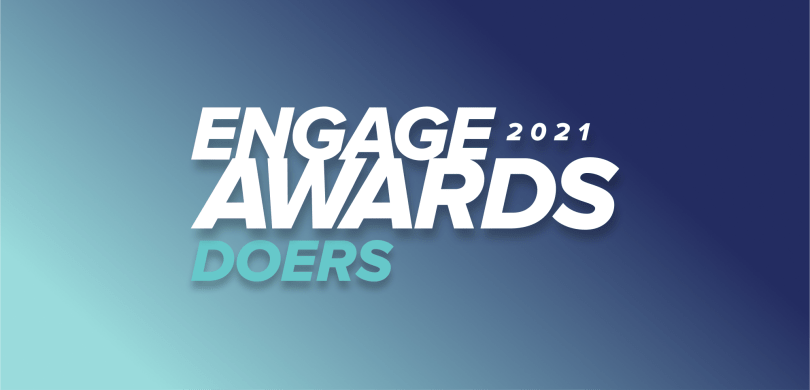
Japan Airlines
Drupal, Acquia Cloud Platform, Acquia Search

The Client
Founded in August 1951, Japan Airlines(JAL) has the longest history of any airline in Japan. The company operates domestic and international air transportation, aircraft use and other related businesses.
JAL has established "JAL Vision 2030" as its medium-term management plan for fiscal years 2021 to 2025, and aims to become the world's most preferred and beloved airline group in the future, where many people and various things come and go freely in an exciting society. The corporation’s goal is to be the world's most chosen and loved airline group.
The Situation
JAL has been working on various reforms based on a grand design of what it should be like 10 years from now. As part of these efforts, the Contact Center Planning Department, which is newly established in 2019, has set the goal of "achieving stress-free travel for all customers" and aims to provide customer support for the entire travel experience with the slogan, "Before traveling, During traveling, After traveling.”
An important challenge in achieving this goal was to revamp the knowledge base system in the way that it would enable staff working at contact centers, airports and other touch points to provide customers around the globe accurate and aligned sources of information.
The Challenge
Originally, JAL's customer service desk had a primary focus on customer communications over the phone for airline ticket reservations. In recent years, with the introduction of various new services and technology, the scope of customer inquiries has diversified. This resulted in the set of skills that operators need to optimize customer satisfaction becoming more and more sophisticated over the years. However, Japan Airlines had struggled to modernize its organization with the conventional knowledge system, which had a very complicated directory structure and data siloed across multiple systems. In some cases, operators had to spend a lot of time to find the best answer, making customers wait a long time over the phone.
The Solution
JAL launched the "POLARIS" project to solve the problems faced by conventional knowledge base systems.
The project’s grand strategy was to build a new knowledge system with high searchability that does not rely on the experience and intuition of operators. The word "POLARIS" means the North Star, which points out the right path for travelers.
Japan Airlines believed that the unification of multiple knowledge systems into one POLARIS platform would not only enable them to improve response time to customers, but would also improve productivity as a whole by reducing the burden on operators and shifting human resources to value-added areas.
There were three system requirements that JAL focused on in building POLARIS:
- The system must be able to operate 24 hours a day, 365 days a year.
- It must provide services on a global level.
- In the future, customers would be able to access the system directly from outside the company and solve their own problems using FAQs and other tools.
After receiving proposals from multiple partners, Japan Airlines ultimately selected NTT Communications (NTT Com) and Acquia. As a content management system (CMS) for large-scale websites, Acquia has a proven track record around the world. Acquia’s service is a cloud service that can handle website construction and operation, content management, and web marketing on a global level, and meets JAL's requirements.
The POLARIS project was launched in 2019 with more than 100 staff working on-site and employing agile development. It was a tough mission to create a new system while continuing to work with the old system.
This project faced two challenges. First, the old system had its end of life (EOL) coming up, making Japan Airlines unable to extend the delivery date and highly time-sensitive. Moreover, the coronavirus pandemic made the project difficult in many ways. The development team overcame these difficulties by working closely with many members and strategically built an environment that allowed people working remotely to have smooth communication.
The success of this project could have never been achieved without the collaboration and cooperation amongst the field staff, system stakeholders and development partners.
The Results
With the launch of POLARIS, all the internal and external knowledge of Japan Airlines is now seamlessly integrated. This change has allowed employees working at the contact center, the airports and other touch points with customers worldwide to now look for accurate and up-to-date sources of information in a timely manner.
Maintenance has also become much easier. With the old system, developers had to physically go to the office and update the system. With the upgrade that brought Japan Airline’s system to the cloud, developers can now complete the task at home. This has been critically beneficial for employees and their family members given the situation with COVID-19.
Another major achievement is the improved capability to immediately deliver updated information to all employees.In the past, it was not easy to update the internal information and knowledge with the complex structure of systems. However, given the situation is changing rapidly every day, every corporation is obliged to immediately update information for the safety and productivity of all employees — and Japan Airlines was not an exception. With the introduction of POLARIS, Japan Airlines now has the capability to centrally manage and quickly update the knowledge platform worldwide.
In the future, Japan Airlines sees the potential to apply the POLARIS system not only to the passenger department, but also to the areas of flight and cabin crew, which currently require extensive knowledge and is relying on the experience and intuition of well-experienced employees. Japan Airlines and NTT Communications are looking to shift their resources to provide added value by expanding the scope of POLARIS use.
Every stakeholder involved in this project is certain that in the very near future, the POLARIS system will become the "guidepost" for all travelers around the world.
